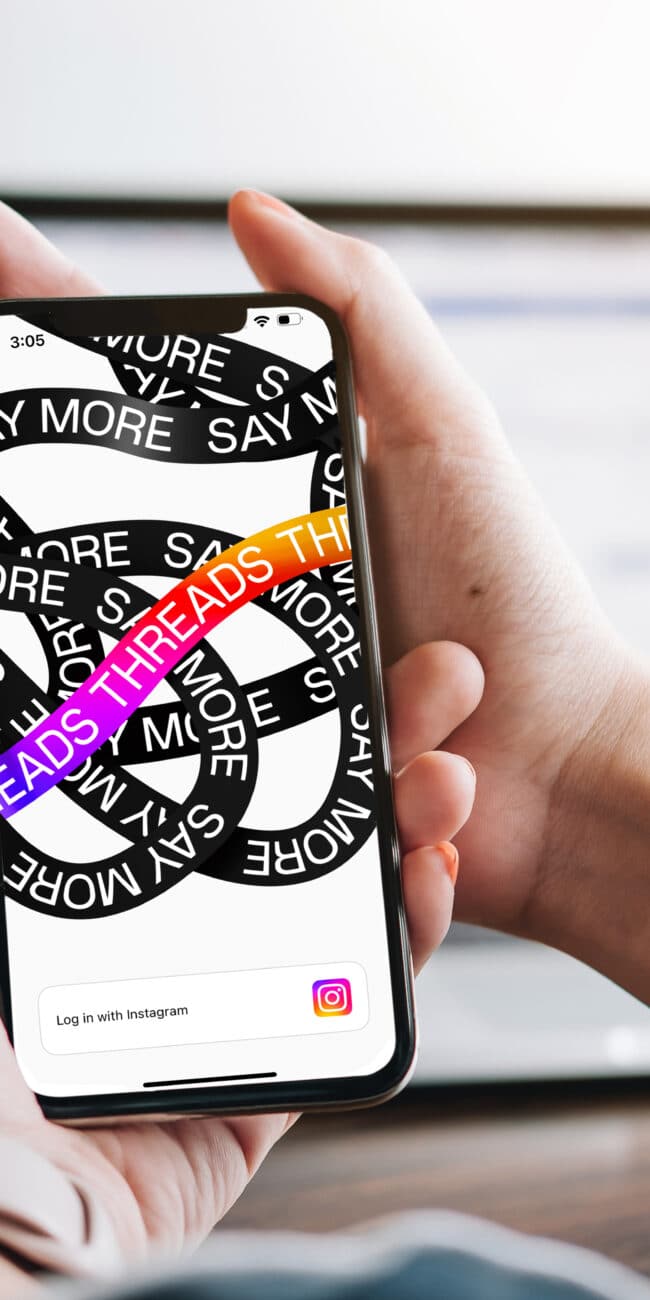
FAQs About PR and Marketing: Back to the Basics
The first step to understanding which communication strategies will most benefit your business is being well-informed about available services and their capabilities. Public Relations (PR) and marketing are two of the most sought-after services, yet also the broadest. According to Statista, PR agencies in the United States generated a revenue of $14.5 billion in 2020, and the industry continues to experience growth over time. But what is the difference between PR and marketing, and why does your business need both?
In 2012, the Public Relations Society of America (PRSA) finally agreed on one definition explaining public relations as, “a strategic communications process that builds mutually beneficial relationships between organizations and their publics.”
Simply put, public relations is the bridge between the internal and external perspectives of your organization’s brand, with an emphasis on creating positive publicity. Still wondering if this is a service that will benefit your organization? Well then, let’s dig into some frequently asked questions (FAQs) about PR and marketing!
Q: What is the difference between Public Relations (PR) and Marketing?
A: PR and marketing are two different but related services. Public Relations is the practice of managing communication. This can include building relationships with the media, creating and distributing content to such media, and managing a company’s reputation. Marketing, on the other hand, is the overall strategy for promoting and selling a product or service. It includes activities like market research to understand the position of your product/services in relation to your audience, product development, advertising, and sales. While PR and marketing both involve promoting a company or brand, they have different goals and use different tactics to achieve them.
Q: Why do I need PR if I’m already doing marketing?
A: PR and marketing complement each other. While marketing focuses on promoting a specific product or service, PR focuses on building and protecting the overall reputation of your company or brand. PR can help to generate media coverage which can help connect your business to its audience. Additionally, it can influence whether your potential customers know, like, and trust your product or service. By combining the profit of marketing and the brand management of PR, you can create a comprehensive strategy that covers all necessary angles in your company’s goals.
Q: Can’t I just use social media instead?
A: As stated in our previous blog, social media is a pillar in digital marketing. It allows for two-way communication between consumers and brands. However, social media is not a replacement for PR and marketing. Additionally, it doesn’t provide a level of targeting that can be achieved through a comprehensive PR or marketing campaign. Social media is one of many channels used to reach your target audience. You may fall short of your goals if you miss out on other tactics used in PR and marketing.
Q: Is PR only for big companies?
A: Not at all. Lawyer & Digital Marketing expert, Aruna Bhayana says, “The biggest mistake a small business can make is to think like a small business.” PR is an important aspect of any organization’s communication strategy, regardless of size. Here at Muse Group, we love helping local and small businesses thrive by connecting with their audience in many ways. This can include media coverage. Our client, Tandem Chocolates, is an excellent example of just that. Take a look at the Channel 2 media coverage we bridged for owner and chocolatier, Phyllis Robinson.
Q: Will PR guarantee a certain level of media coverage?
A: The media landscape is constantly changing, and there are many factors that determine which stories are covered and when. Things to consider when sending a media pitch include timing, breaking news and current events, or an influx of local stories. A good PR strategy, however, can increase the chances of getting media coverage by identifying relevant stories, building relationships with journalists, and creating compelling content. Our experienced PR professionals at Muse Group will work with you to create a customized strategy that can help you to achieve your media coverage goals.
Q: Is PR the right service for your business?
A: Possibly! The answers above are a great start to learning more, but we know you may have additional questions. Will PR increase sales? What are the advantages and disadvantages of hiring a PR firm? How does Muse Group measure the success of PR campaigns? When you are ready to learn more about how public relations can help you reach your goals, contact Muse Group. We’d be happy to discuss PR strategy ideas with your team!







